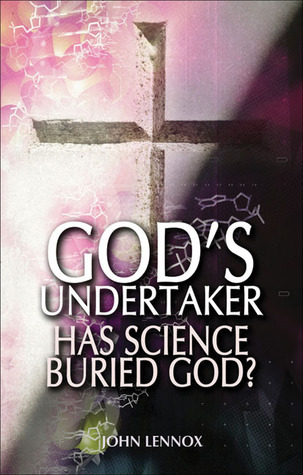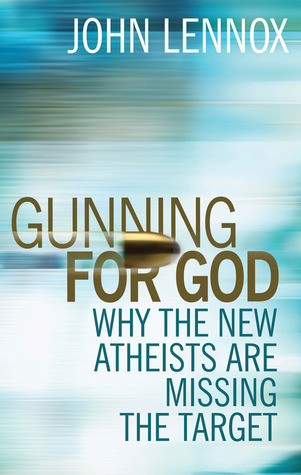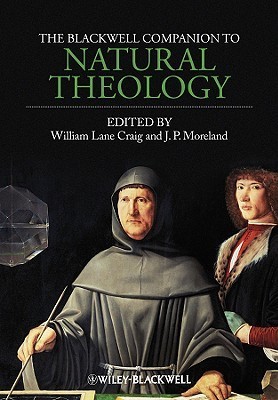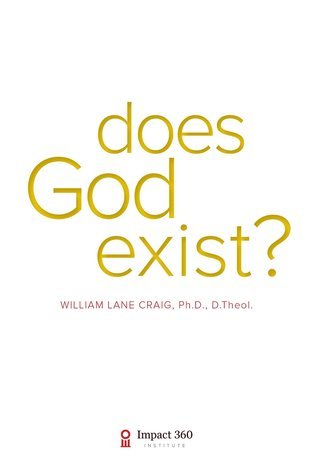
Where the Conflict Really Lies: Science, Religion, and Naturalism
Book Description
Science and religion are often seen as dangerous adversaries, but what if they could coexist in harmony? In 'Where the Conflict Really Lies,' Alvin Plantinga dismantles the myth of their inevitable clash, revealing a profound connection between faith and reason that challenges conventional wisdom. With razor-sharp logic, he navigates the treacherous waters of naturalism, presenting compelling arguments that ignite the debate on existence, creation, and truth. As he uncovers the profound implications for both believers and skeptics alike, one question looms large: Can the apparent divide between science and faith truly be reconciled, or is it just a mirage?
Quick Book Summary
"Where the Conflict Really Lies" by Alvin Plantinga challenges the popular notion that science and religion, particularly Christian faith, are fundamentally at odds. Plantinga asserts that while there appears to be superficial conflict, a deeper analysis reveals substantial harmony between science and theism. He scrutinizes the arguments supporting naturalism, the view that everything arises from natural properties and causes, and exposes internal inconsistencies—particularly the self-defeating aspect of believing in naturalism and the reliability of human cognition. Through rigorous philosophical exploration, Plantinga argues that certain elements of science, like evolution, do not outright contradict religious beliefs, but that naturalism itself is incompatible with the scientific enterprise. The book ultimately suggests that not only can science and religion coexist, but religious faith may offer a stronger basis for scientific practice than naturalism.
Summary of Key Ideas
Table of Contents
Apparent Conflict vs. Deep Compatibility between Science and Faith
Plantinga begins by deconstructing the perceived war between science and religion. He differentiates between superficial and deep conflict, demonstrating that much of the supposed antagonism is due to misunderstandings or philosophical overextensions. Using clear examples, Plantinga shows how religious thinkers historically contributed to the rise of science and explains that many scientific developments were largely compatible with, or even inspired by, a theistic worldview. He contends that religion and science function in different domains and that true conflicts typically stem from overreaching claims, not from the core tenets of either field.
Analysis of Evolutionary Theory and Theism
A significant portion of the book is devoted to evolutionary biology, often cited as central to the science-religion debate. Plantinga meticulously examines the arguments that evolution undermines theism, responding to claims by figures such as Richard Dawkins and Daniel Dennett. He argues that evolutionary theory, when kept within the boundaries of methodological naturalism, does not contradict Christian belief. Plantinga also illustrates how the mechanisms attributed to evolution could easily be seen as tools at the disposal of a divine creator.
Critique of Naturalism and Its Internal Tensions
Plantinga turns his critical eye toward naturalism, the philosophical stance that everything arises from natural properties and causes, dismissing the supernatural. He famously develops the "Evolutionary Argument Against Naturalism," which claims that if both evolution and naturalism are true, there is no reason to trust the reliability of our cognitive faculties. Thus, believing in evolutionary naturalism is self-defeating because it undermines the very rationality required to uphold it. This argument forms a cornerstone of Plantinga’s challenge against the coherence of naturalistic worldviews.
Role of Divine Action in the Natural World
Another theme explored is the concept of divine action and its compatibility with the scientific project. Plantinga addresses the accusations that beliefs in miracles or God's intervention undermine scientific predictability or rational inquiry. He argues that divine action is not logically incompatible with the study of nature, and that theistic perspectives can comfortably accommodate both God's providence and the regularity sought by science. Plantinga discusses how science, when practiced without the straitjacket of metaphysical naturalism, allows room for both empirical investigation and the possibility of divine action.
Epistemological Foundations for Science and Religion
In his concluding analysis, Plantinga emphasizes that the real conflict is not between science and faith, but between science and metaphysical naturalism. He suggests that theism actually provides a stronger epistemological foundation for the cognitive trust required by the scientific method—namely, the belief that our faculties are designed to discover truth. Ultimately, Plantinga's work stands as a rigorous philosophical defense of the harmony between faith and reason, urging a reevaluation of the so-called conflict narrative that dominates public discourse.
Download This Summary
Get a free PDF of this summary instantly — no email required.





